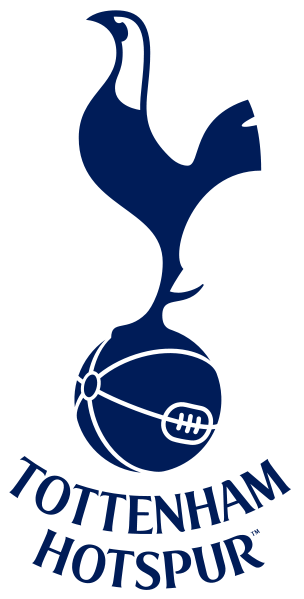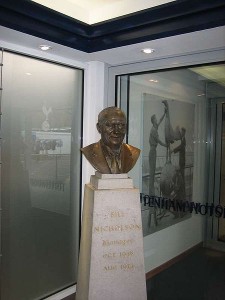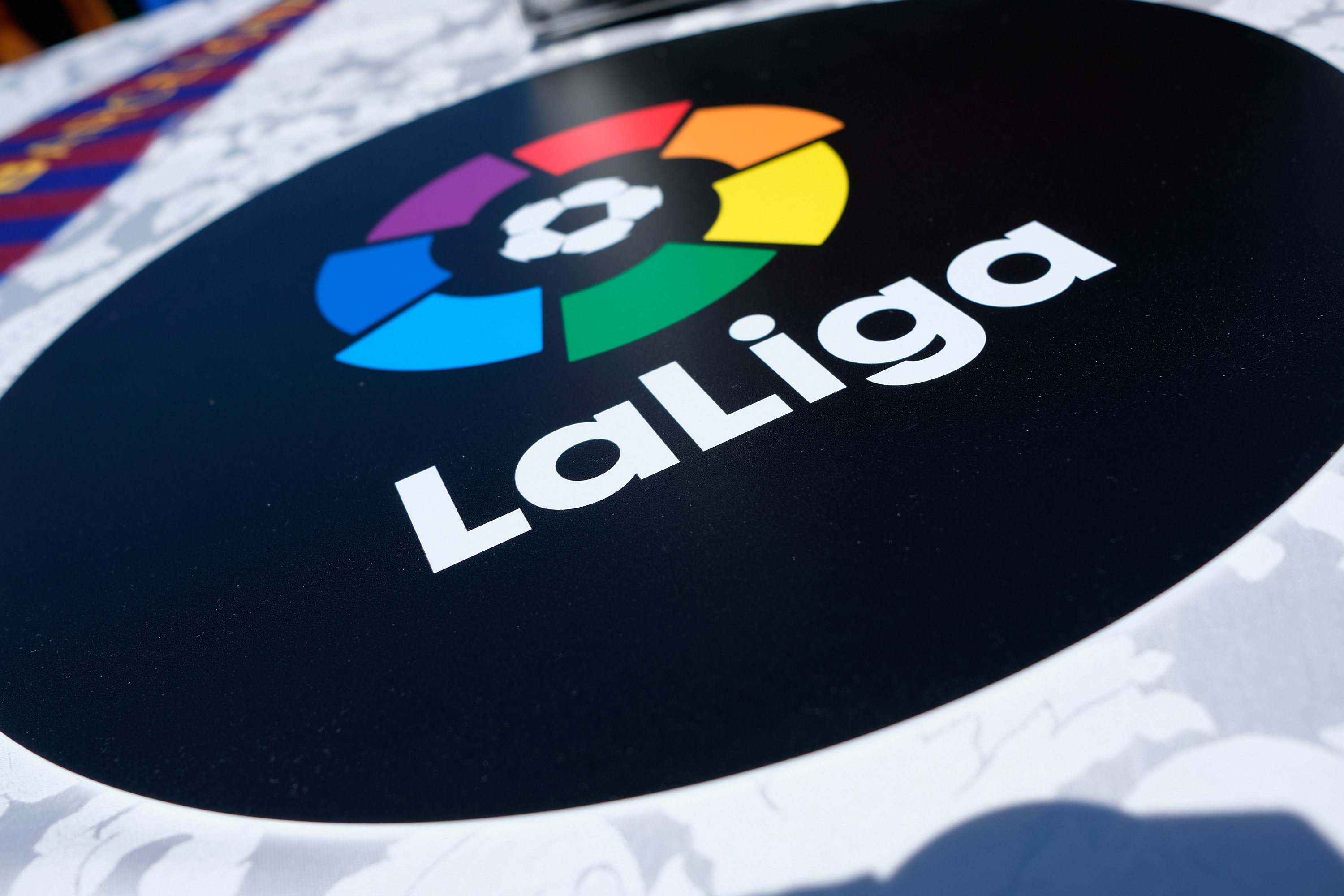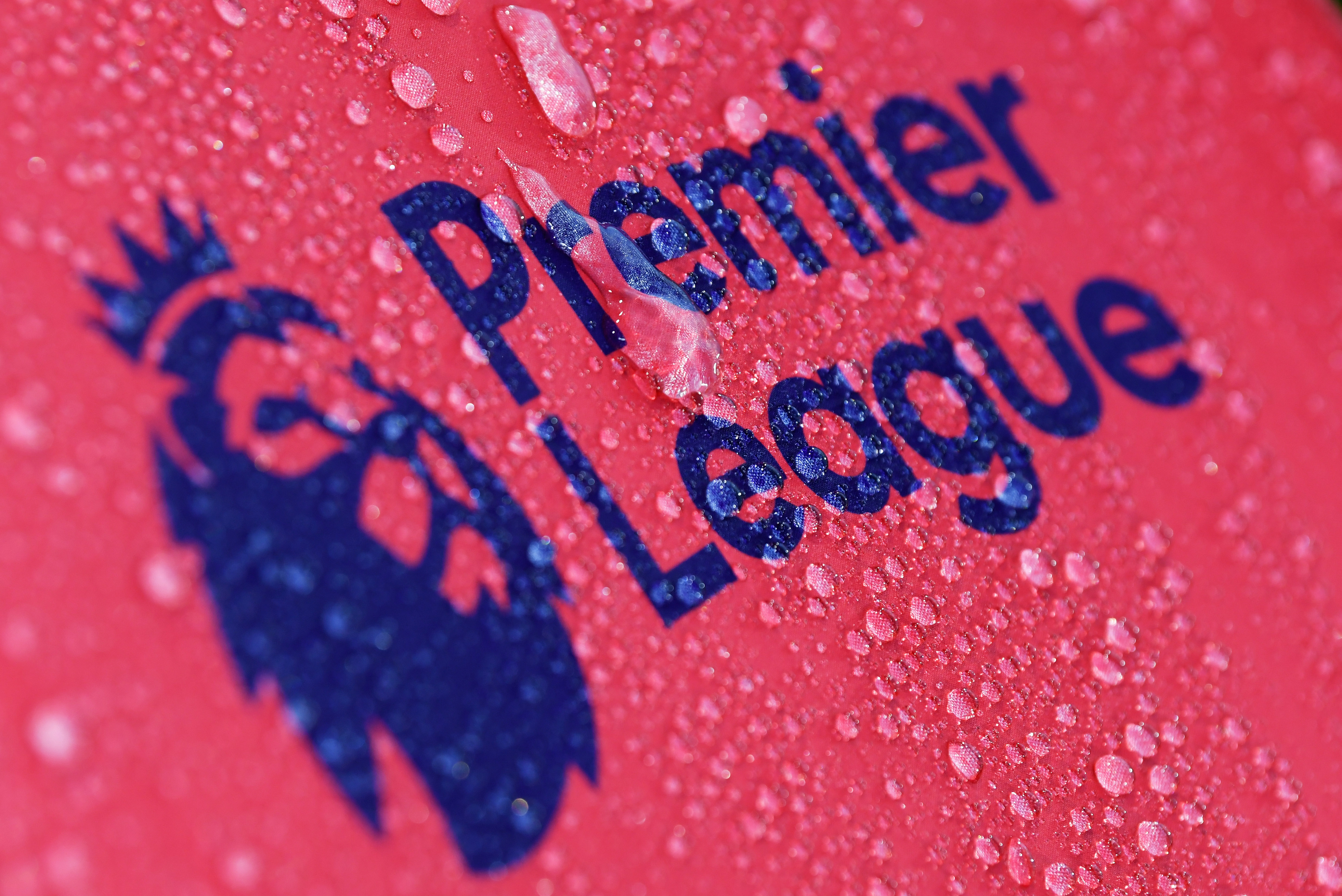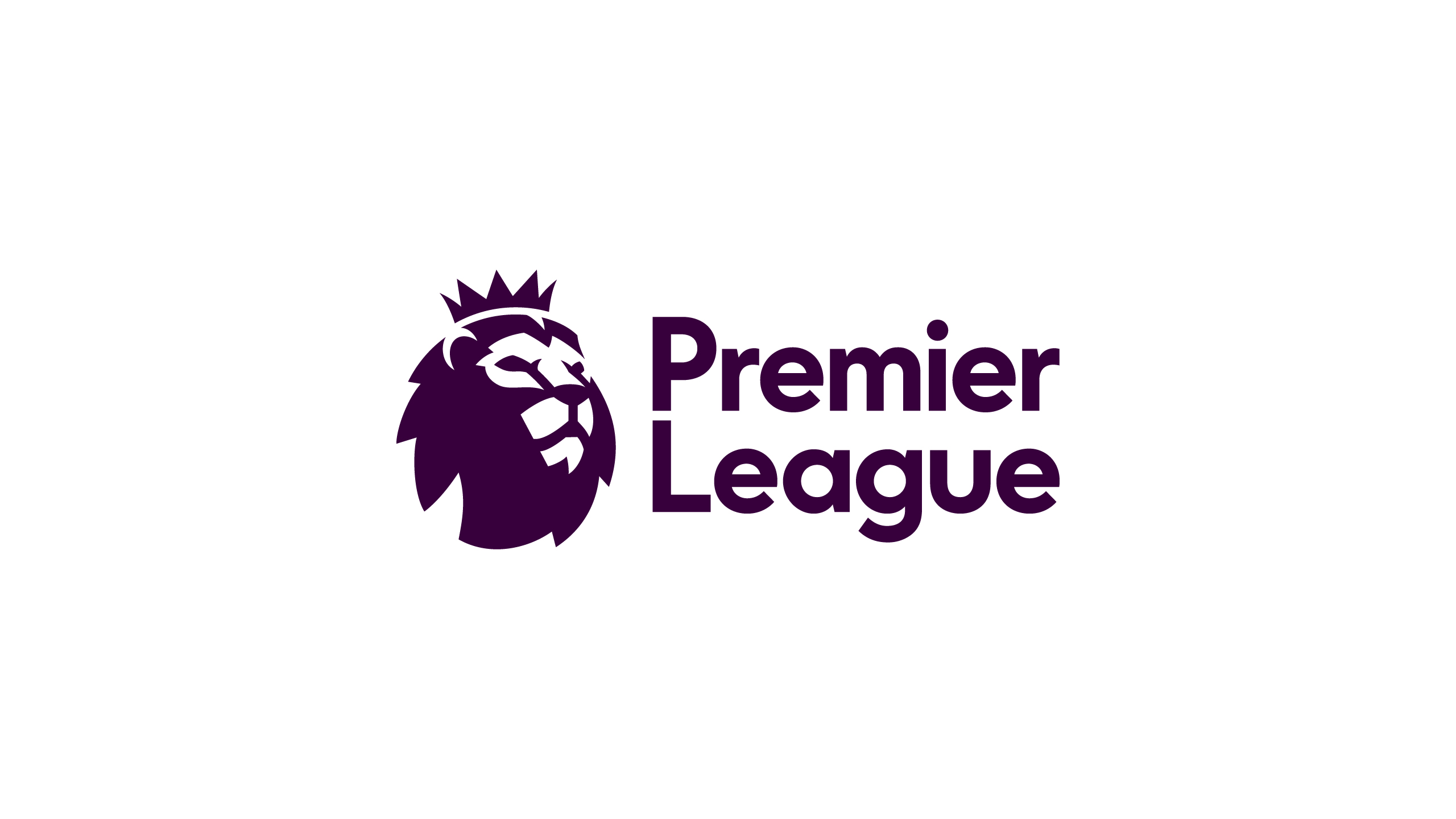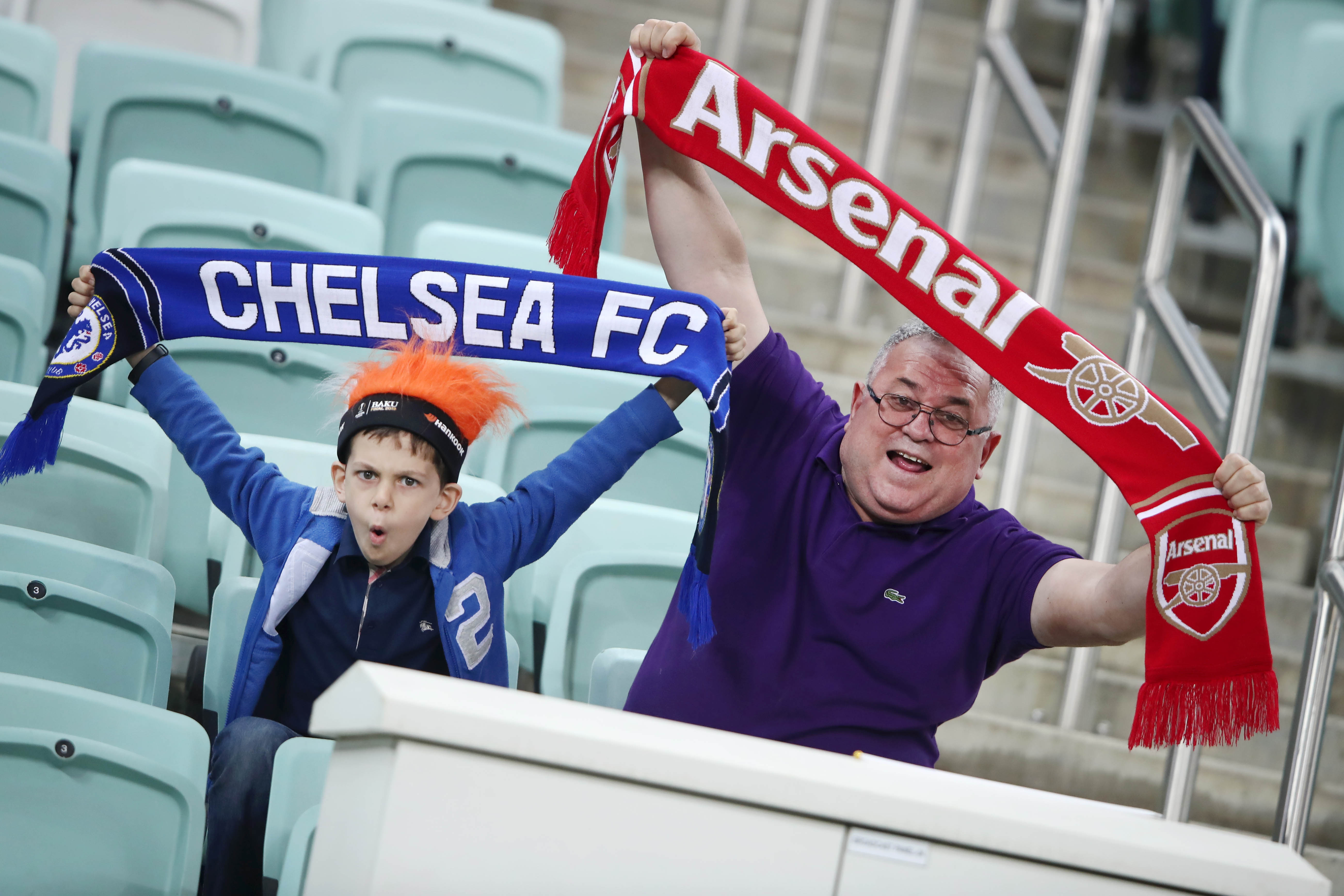In 1960/61 season, Tottenham Hotspur FC was the first club to achieve the league and FA cup double in 20th century. They are one of the biggest and most glamorous names in English football despite their enduring years of under-achievement. Recent performances, including a 3-1 thrashing of European Champions Inter Milan, seem to indicate an upswing in the club’s fortunes.
In 1882, Grammar school boys from the Bible Class at All Hallow founded ‘Hotspur F C’ and renamed it as Tottenham Hotspur football and Athletic club’ in 1884. They have since been known as the ‘Spurs’ or ‘Lilywhites’ and they play their home matches at White Hart Lane in North London. In 1901, Spurs won the FA cup, becoming the only non-league club to do so since the formation of football league.
Bill Nicholson, a pioneer in English football
In 1949, Arthur Rowe was appointed as manager and he brought with him a new style of play – the “push and run”. With this style, the club won promotion to the first division in 1950 and was incredibly crowned league champions for the first time in 1951. It was the start of a reign that would see Tottenham Hotspur scale peaks that other teams only dreamed of. Under the stewardship of Bill Nicholson, the Spurs won the double in 1960/61 and in 1963 became the first British club to win a major European trophy by capturing the European Cup Winners Cup. Tottenham won several trophies which include the UEFA Cup, FA cup and the Community Shield.
European success is still a dream for their high profile neighbors; so their two UEFA cup wins along with European Cup Winners cup is looked on with high regard by the North London faithful. Spurs have won silverware in each of the last 6 decades, a record that is matched only by Manchester United.
At the start of the Premier League era, former hero Osvaldo Ardiles was installed as manager. Under Ardiles, Tottenham employed the “famous five” in attack – Teddy Sheringham and Jurgen Klinsmann upfront supported by Nick Barmby, Anderton and Dimitrescu. Despite Klinsmann scoring goals with incredible frequency, the team’s defense seemed to let him down. Consequently, Ardiles didn’t last very long at Spurs. After a few years, Sheringham and Klinsmann departed from the club, looking for greener pastures and Les Ferdinand and David Ginola joined the Spurs’ ranks.
Ginola was one of the most exciting foreigners to play in EPL
The year 1999 saw a dramatic turnaround inside the club’s management. The appointment of George Graham caused furor among fans, thanks to his previous associations with arch rivals Arsenal. To his credit, he organized his side quickly and in his first season in charge, the club won a League Cup with ten men, reached the semifinals of the FA Cup and secured a mid-table finish. To cap a wonderful season, star player David Ginola won the “Player of the year” award.
Following two disappointing seasons (1999-00 and 2000-01) Alan Sugar sold his majority stake in the club to ENIC, an investment company headed by Daniel Levy. Glenn Hoddle replaced George Graham as manager but did not last very long either. The subsequent parade of managers over the early noughties, finally came to an end with Martin Jol being appointed manager during 2004/05 seasons. The Spurs, buoyed by the fearsome strike duo Robbie Keane and Dimitar Berbatov, finished fifth in the next 2 seasons.
At the start of the 2007/08 season, Sporting Director Damien Comolli announced the signing of 17 year old Gareth Bale. Despite their ambitious moves in during the off-season transfer window, the season started off in a disappointing fashion which put Martin Jol’s position under threat. Spaniard Juande Ramos took over the reins from Jol and led the club to glory in Carling Cup. The win ensured Spurs played in the UEFA cup for the third consecutive season despite finishing a poor 11th in the league.
Robbie Keane, driving force behind Spurs during mid-2000s
At the start of the 2008/09 season, Dimitar Berbatov and Robbie Keane left the club looking for greener pastures. These sales bolstered the club’s financial position and led to the signing of Croatian maestro Luka Modric . A poor start to the 2008/09 (just 2 points from 8 games and lying in the 20th position) saw Ramos sacked and Harry Redknapp brought in. Spurs returned to a traditional manager role with no Director of Football. Redknapp guided his team away from bottom of the table to ensure Premier league football for another season. Spurs’ fortunes changed after a 4-4 draw at Arsenal, that was followed by fantastic victories over Liverpool and Chelsea. The club finished just 2 points behind a European spot and they reached the League Cup final only to lose on penalties to Manchester United.
The pre-season of 2009/10, saw the Spurs suffer heavy blows in the form of injuries to Woodgate and Dawson which left injury prone Ledley King as the only fit central defender. They scoured the market and brought in Bassong, Naughton and Walker. Spurs’ season got off to a flier when they defeated Liverpool in the opening day fixture. They continued their good start to make it four wins out of four and were organized, composed and most importantly executed their plans to perfection.
Spurs suffered another nasty blow when their influential midfield maestro Luka Modric got injured at the end of August. Harry entered the market and persuaded fellow Croatian Niko Kranjcar to fill the void. In September they suffered consecutive defeats against Manchester United and Chelsea, October also produced mixed bag of results. A defeat against Stoke at WHL and an away defeat to the Gunners saw them drop to the fifth spot. Spurs however recovered and performed impressively to remain unbeaten in November; December also went according to the script apart from a shock loss to lowly Wolves. Midway through the season with Spurs and Machester City going neck and neck it became evident that the two clubs were going to have to fight to the death for the fourth spot.
Defoe scored crucial goals in Spurs push for UCL spot
During the January window, Spurs added Gudjohnsen and Kaboul to their roster – a move that would prove crucial. By the end of January, the Spurs were a point ahead of Manchester City. It was a battle which went down to the wire; by the end of March, little had changed. Only 2 points separated the fourth and fifth placed teams. After a disappointing trip to Stadium of Light, Spurs suffered another setback when Portsmouth knocked them out of the FA cup semifinal in extra time. It was an uphill task from then as the next matches were against the top 3 sides. A sparkling run of form saw Spurs defeat two of their London rivals comprehensively and Spurs fans witnessed the rise of Gareth Bale, an attacking left back who might possibly prove to be the find of the decade.
Come Match Day 37 and Spurs travelled to Manchester knowing that a victory against their rivals would be enough to dislodge Liverpool from the Top 4. A tough battle at the City of Manchester Stadium looked to be heading for a draw till the 82nd minute when Peter Crouch scored a close range header ensuring Champions League football for a club that has deserved it for so long.
(To be Concluded)
~ Joseph George
